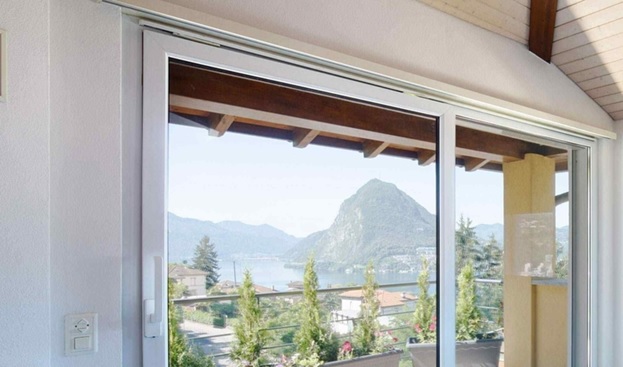You’ve likely seen those tiny fragments scattered across the floor after a glass breaks. Tempered glass is designed to shatter into small pieces for safety. Beyond its recognizable break pattern, there is much more to discover about this engineered glass that keeps us safe.
From how it gets its strength to why it explodes, tempered glass has some fascinating science and stories behind its widespread use. Read on to uncover seven interesting tempered glass facts you must know.
Why Should You Use Toughened Glass Windows?
Toughened glass, also known as tempered glass, is an excellent choice for windows because it is much stronger and safer than regular glass. The toughened glass’s tempering process causes it to be 4-5 times stronger than regular annealed glass. This makes it very resistant to impacts and temperature changes. If toughened glass does happen to break, it shatters into small, granular chunks rather than dangerous sharp shards like untampered glass. This helps prevent serious injuries.
Toughened glass also withstands higher wind loads without flexing or breaking. All these enhanced strength and safety features make toughened glass an ideal and recommended material for windows in homes and offices.
Facts About Tempered Glass
Below are the tempered glass facts:
-
Cannot be Cut Once Tempered
Tempered glass goes through a special heat treatment process, heated to extremely high temperatures, up to 700°C, and then rapidly cooled. This creates solid glass by packing the surface with compressive stresses. However, it also makes the glass nearly impossible to cut or drill after tempering because it will shatter if you try to cut into the compressed surface. Any holes or edge cuts must be made before tempering.
-
Scratchproof
The tempering process makes tempered glass around 4-5 times stronger than regular annealed float glass. This vast increase in strength comes from the surface compression packed into the glass through rapid heating and cooling. The dense surface compression makes tempered glass durable and highly scratch-resistant for everyday use. Keys or other metals typically won’t scratch the surface.
-
Surface Strain Patterns
Tempered glass develops faintly visible strain patterns on the surface as the glass expands and contracts rapidly during the tempering process. If you observe the glass surface under the right lighting conditions, you may notice these strain patterns, which look like distorted reflections. They are a natural result of the treatment and help identify the tempered glass.
-
Compressive Surface Stress
The core of tempered glass remains in tension, while the surface is packed with compressive stress after tempering. This compression gives the glass incredible strength to endure blows or blunt impacts. When struck, the compressed surface wants to spring back rather than chip or crack immediately like annealed glass. This makes it safer.
-
Heat and Thermal Stress Resistance
Because tempered glass is designed to withstand the intense thermal stresses of rapid heating and cooling during the tempering process, it handles thermal stress much better than regular glass. Sudden temperature changes do not crack or break tempered glass easily. This makes it suitable for applications like oven doors.
-
Long Lasting
The special tempering process creates glass 4-5 times stronger than annealed glass. When it eventually breaks, it shatters into small, relatively harmless diced pieces rather than dangerous jagged shards. This makes tempered glass last through decades of heavy use and abuse before needing replacement.
-
Easy to Clean
The durable, scratch-resistant surface of tempered glass allows it to be frequently cleaned without worry of damage. You can use regular household glass cleaners and cleaning tools without fear of scratching or disrupting the surface compression. It simplifies maintenance.
The Bottom Line
Tempered glass is an engineered wonder, taking safety and durability to new heights through extreme heat treatment. Its compressed surface endures decades of heavy impacts. When it does rarely shatter, it breaks safely into cubes. For all your tempered glass needs, rely on the experts at AIS Glass.

